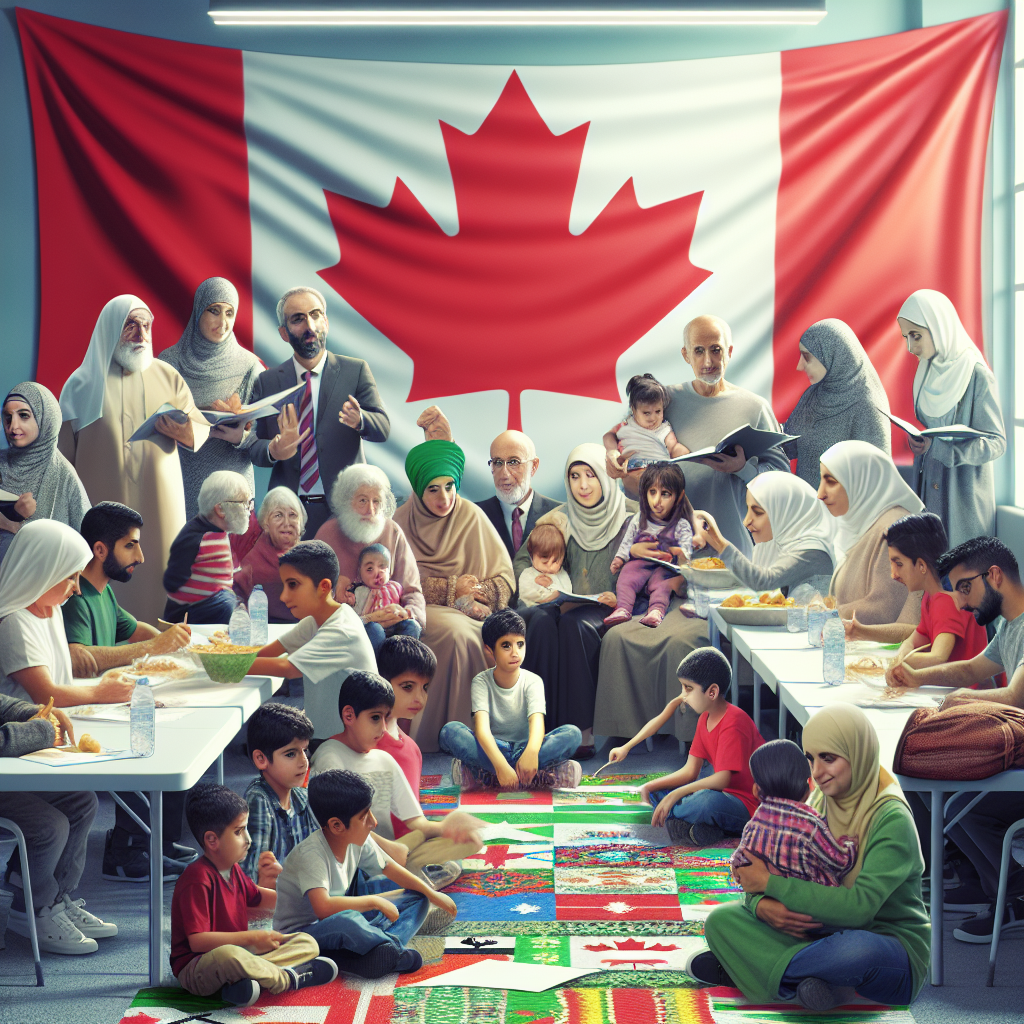Canada Extends Temporary Support for Palestinian Residents

Headline: Canada Extends Support for Palestinians Amid Ongoing Humanitarian Crisis in Gaza
Summary:
In response to the escalating humanitarian crisis in Gaza, Canada has reaffirmed its commitment to supporting displaced Palestinians by extending special measures for those currently in the country. Announced by Immigration Minister Lena Metlege Diab, these measures aim to facilitate the integration of Palestinians and their family members, while the Canadian government continues to advocate for those still trapped in the region.
Key Developments:
- Canada first introduced special immigration measures for Palestinians in December 2023, allowing them to apply for various permits, including study and work permits, without fees.
- As of July 2025, over 1,750 individuals from Gaza have been approved to enter Canada, with more than 860 having arrived since the onset of the conflict.
- Despite the ongoing challenges, Canada remains committed to processing applications for extended family members of Canadian citizens who are still in Gaza, emphasizing the need for safe exits and security screenings.
Insightful Analysis:
The Canadian government’s actions highlight its proactive stance on humanitarian issues, positioning Canada as a leader in global efforts to assist those affected by the Gaza crisis. This extension of measures not only provides immediate relief to those already in Canada but also sends a strong message of solidarity to those still facing dangers in Gaza.
Moreover, Canada’s decision to offer fee-exempt permits reflects a recognition of the socio-economic challenges faced by displaced individuals who may lack financial resources. By allowing access to education and employment, the government is fostering self-sufficiency among newcomers, which is essential for long-term integration and community building.
A Unique Perspective:
As the situation in Gaza remains fluid, Canada’s compassionate approach serves as a model for other nations grappling with similar crises. The emphasis on family reunification and support for vulnerable populations underscores the importance of a humane response to global displacement issues. However, the effectiveness of these measures will ultimately depend on international cooperation to ensure safe passage for those wishing to leave conflict zones.
In conclusion, while Canada’s efforts are commendable, they also highlight the need for a broader international strategy to address the root causes of displacement and promote lasting peace in regions like Gaza. The ongoing humanitarian disaster calls for urgent and concerted action, not just from Canada, but from the global community at large, to ensure that the plight of those affected does not become a mere statistic in the annals of history.
Reference



